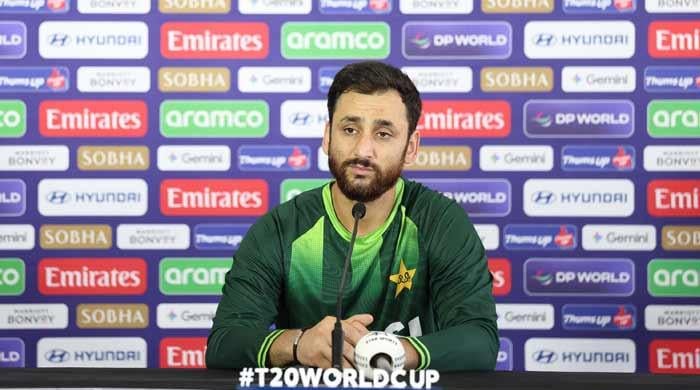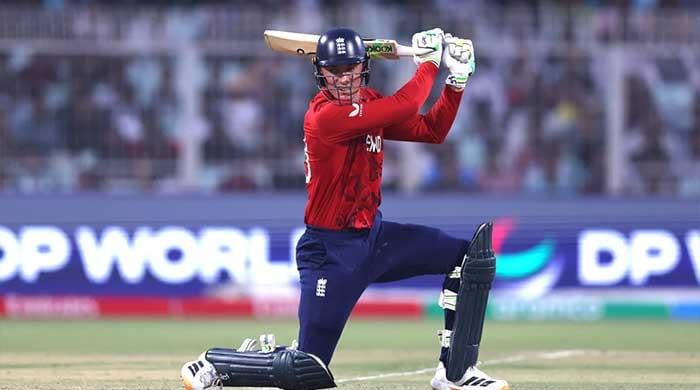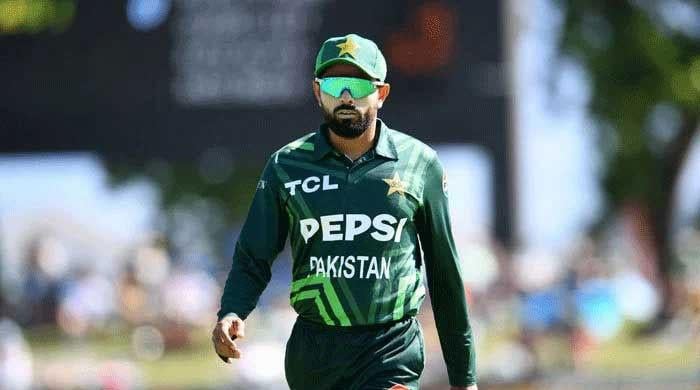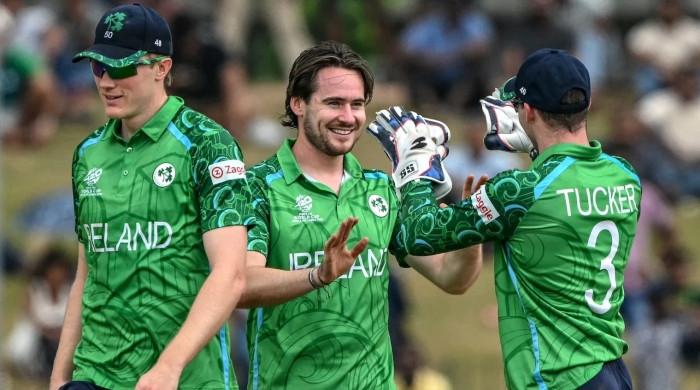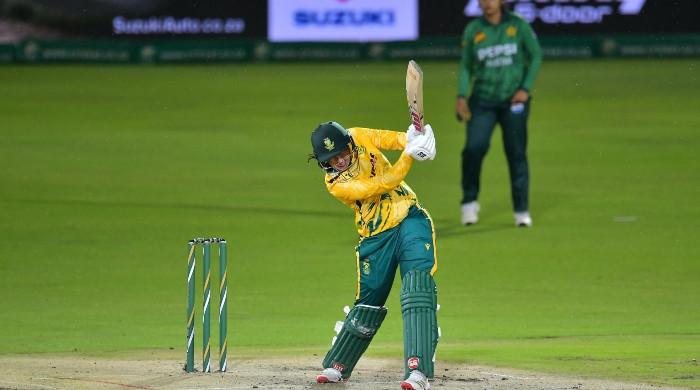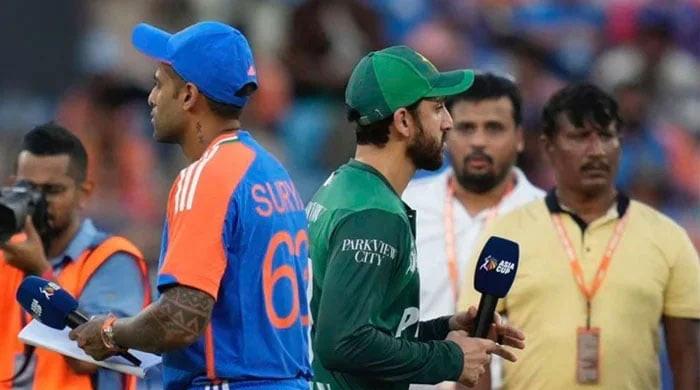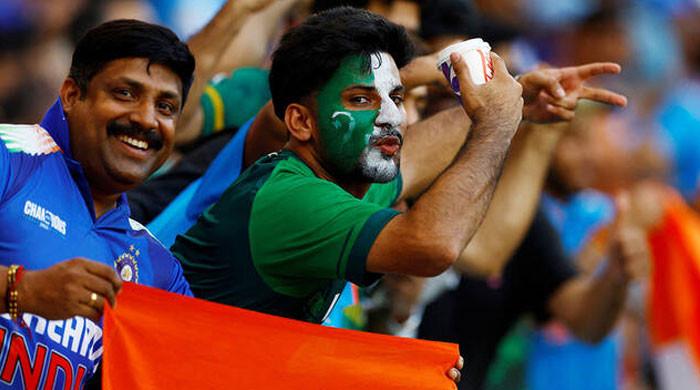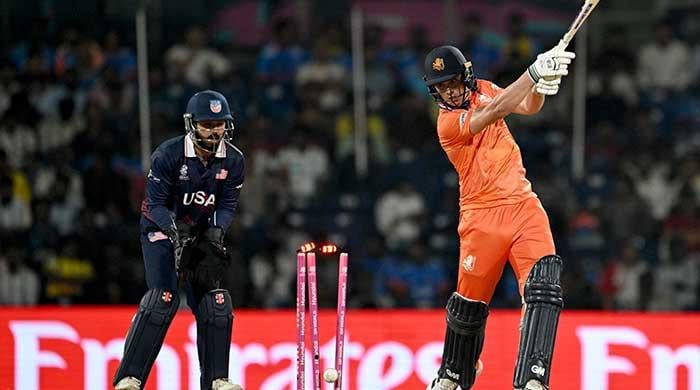Indian cricket team was granted permission to wear army caps, says ICC
BCCI came under fire, esp in Pakistan, for mixing politics with sports when the Indian team wore army caps against Australia in recent ODI
March 12, 2019
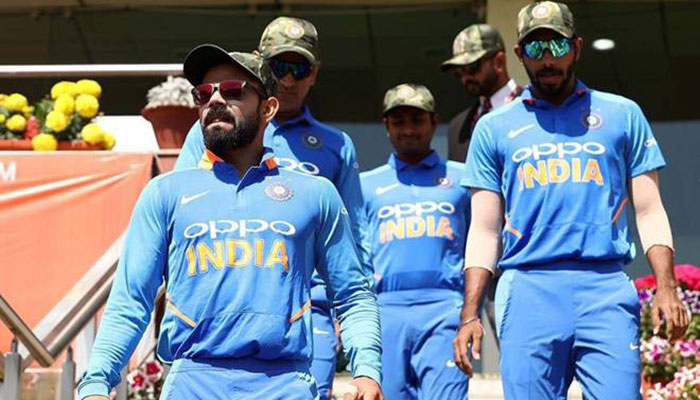
The Indian cricket team was granted permission to wear the controversial army caps during a recent ODI against Australia in Ranchi, the International Cricket Council said.
“The BCCI sought permission from the ICC to wear the caps as part of a fundraising drive and in memory of fallen soldiers who have died, which was granted,” ICC spokesperson Claire Furlong told The Associated Press in an e-mail on Monday.
The Board of Control for Cricket in India was slammed widely, particularly in Pakistan, for mixing politics with sports as MS Dhoni, who is an honorary lieutenant colonel in the Indian territorial army, had distributed the camouflage caps to the team before the toss last week. India's captain Virat Kohli had said at the toss that the gesture was meant to encourage the people to donate to the National Defence Fund to help with the education of the dependants of the soldiers killed in the Pulwama attack.
The Pakistan Cricket Board, taking strong notice of the move, urged the ICC to take action against the BCCI.
"We have strongly taken up the matter with the ICC," PCB chairman Ehsan Mani told reporters in Karachi earlier this week. "There is absolutely no misunderstanding in the ICC about our position. We believe that cricket and sports should not be used for politics and we have said this very clearly. Their [India] credibility in the cricketing world has gone down very badly."
The PCB chief cited a couple of examples from the past: England all-rounder Moeen Ali, who was banned in 2014 for wearing wristbands bearing the slogans 'Save Gaza' and 'Free Palestine' on the first two days of the third Test against India at The Ageas Bowl.
In early 2017, South African leg-spinner Imran Tahir was reprimanded by the ICC for his celebrations during a T20I against Sri Lanka. He was seen to be wearing a T-shirt under his kit with an image of Pakistani pop star-turned-religious preacher Junaid Jamshed who had died in a plane crash.




